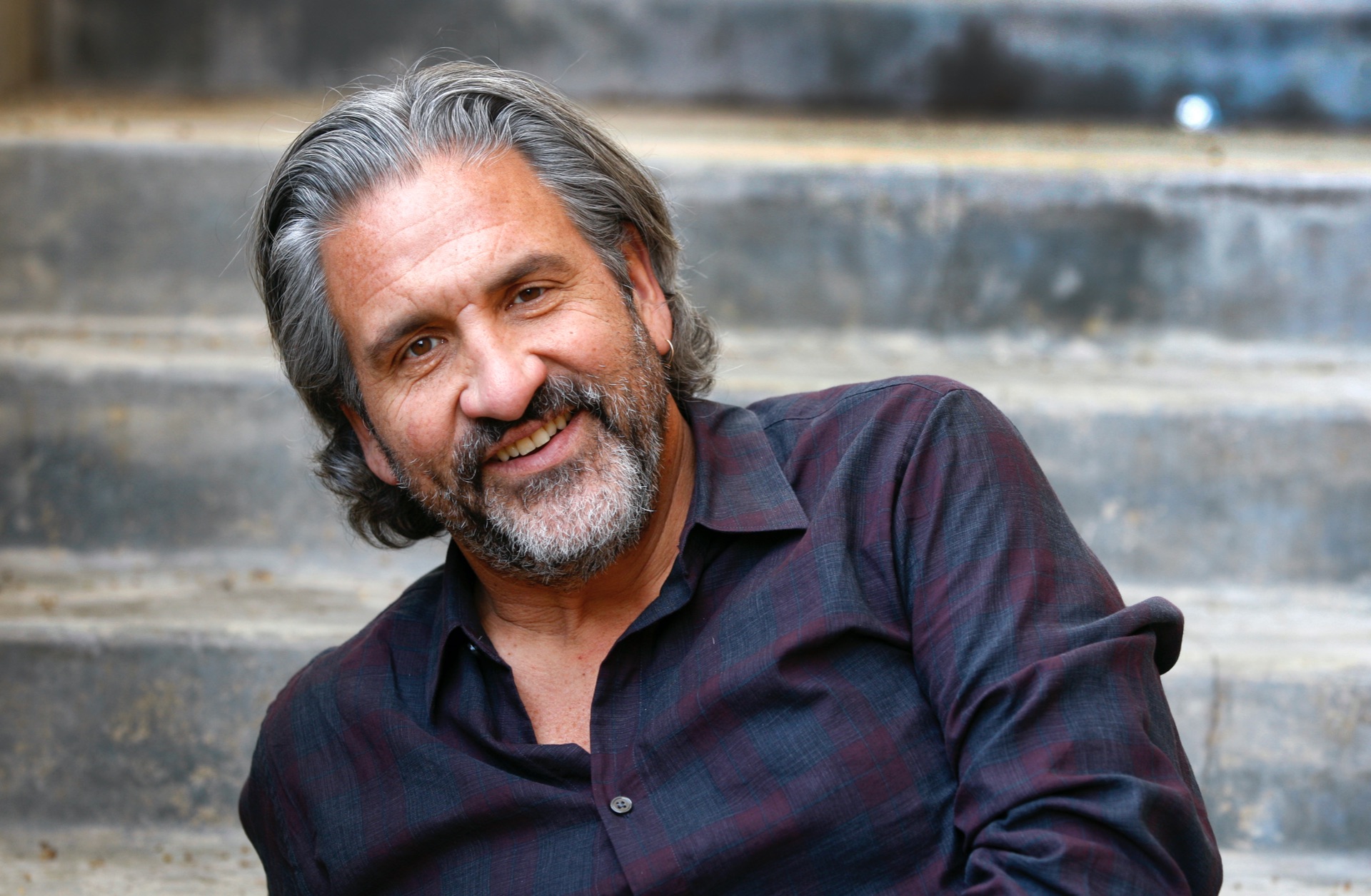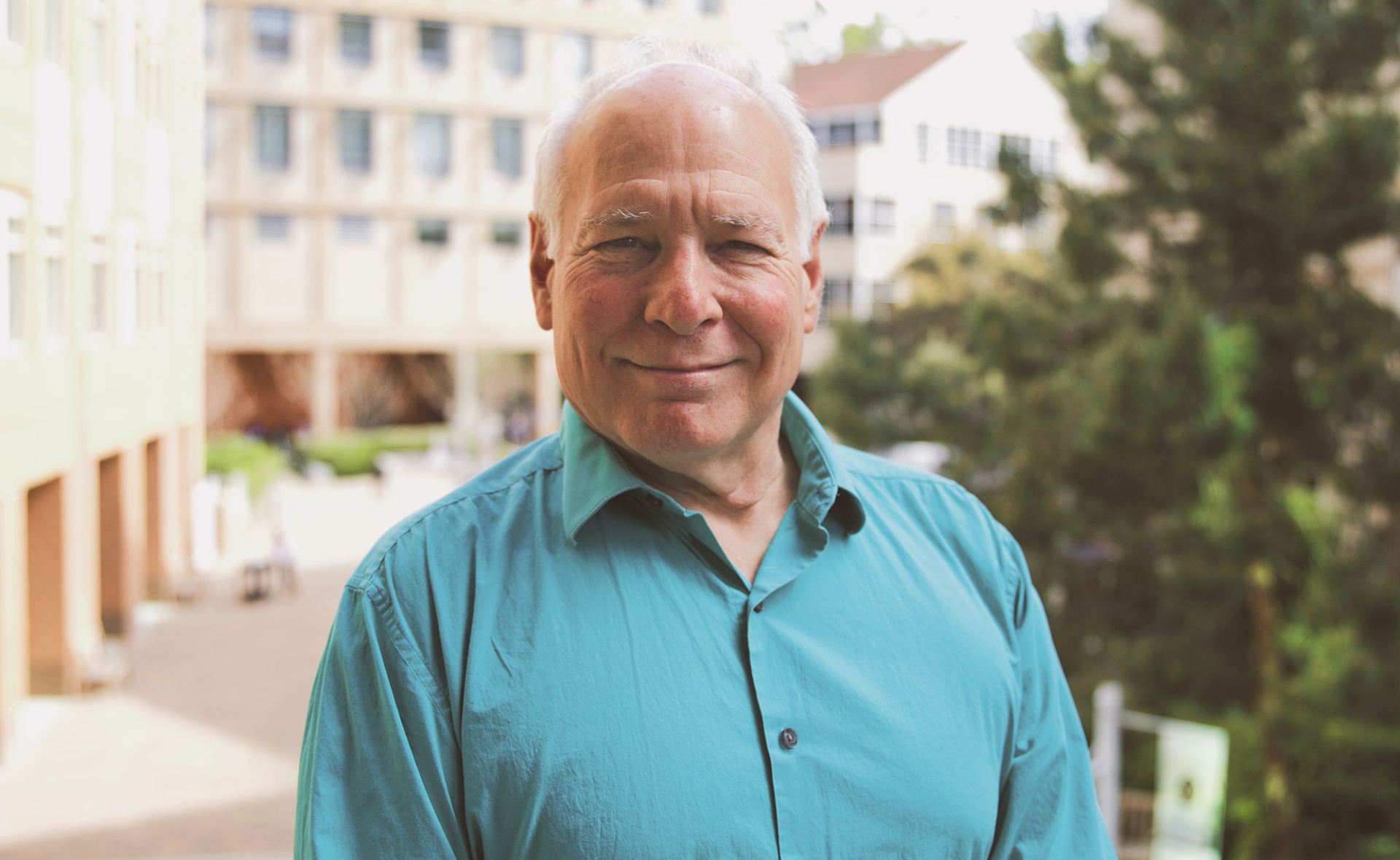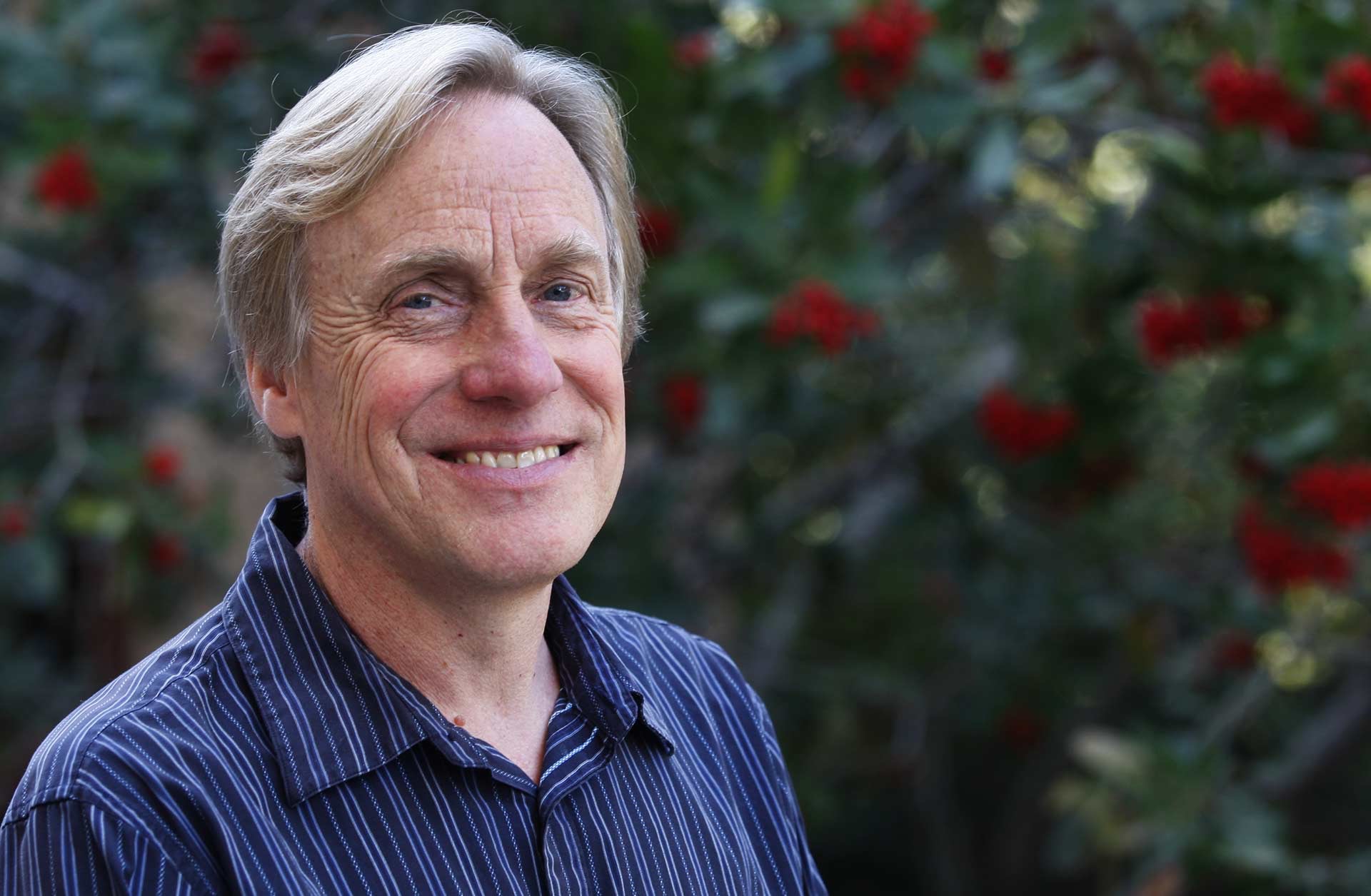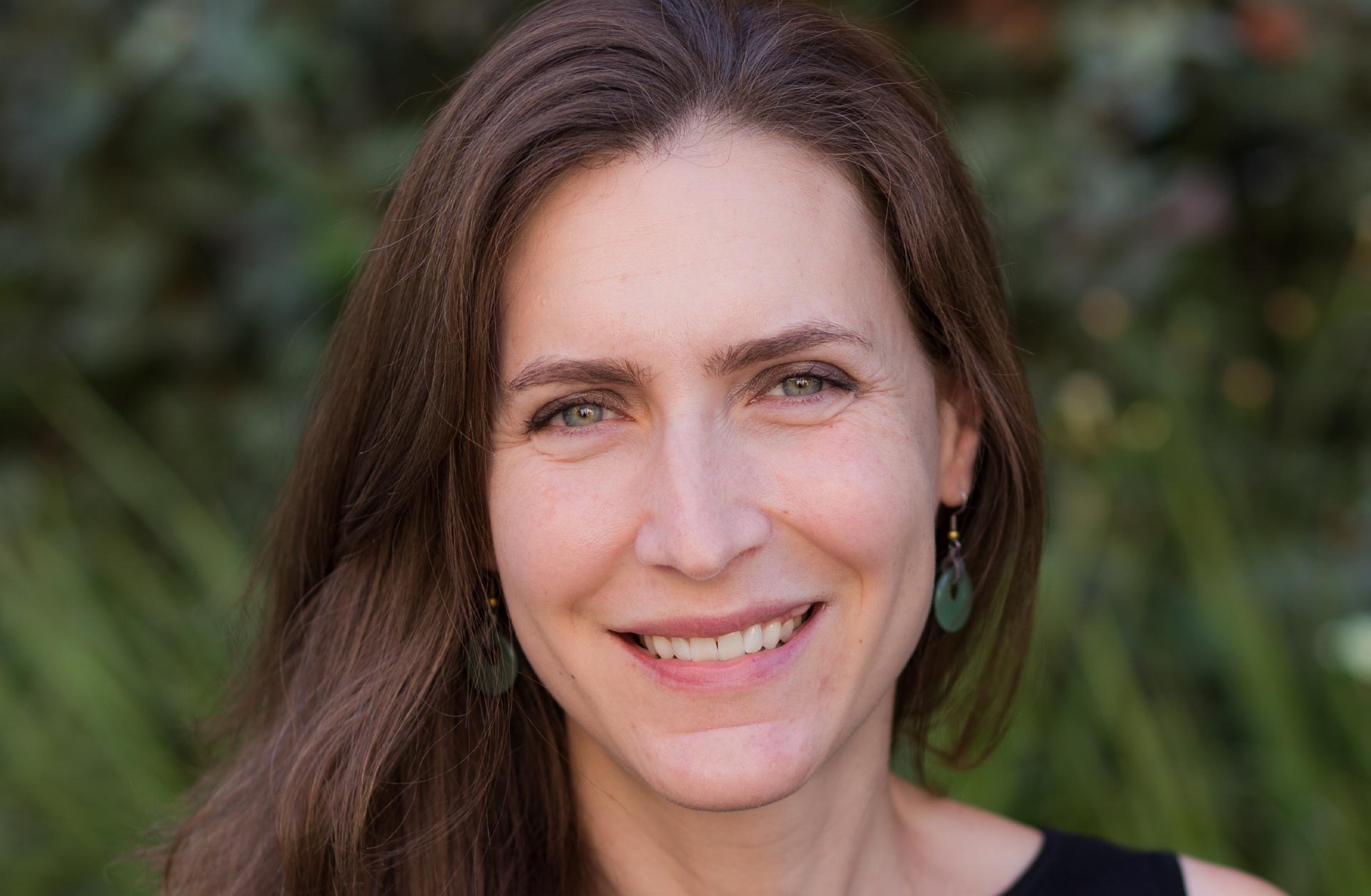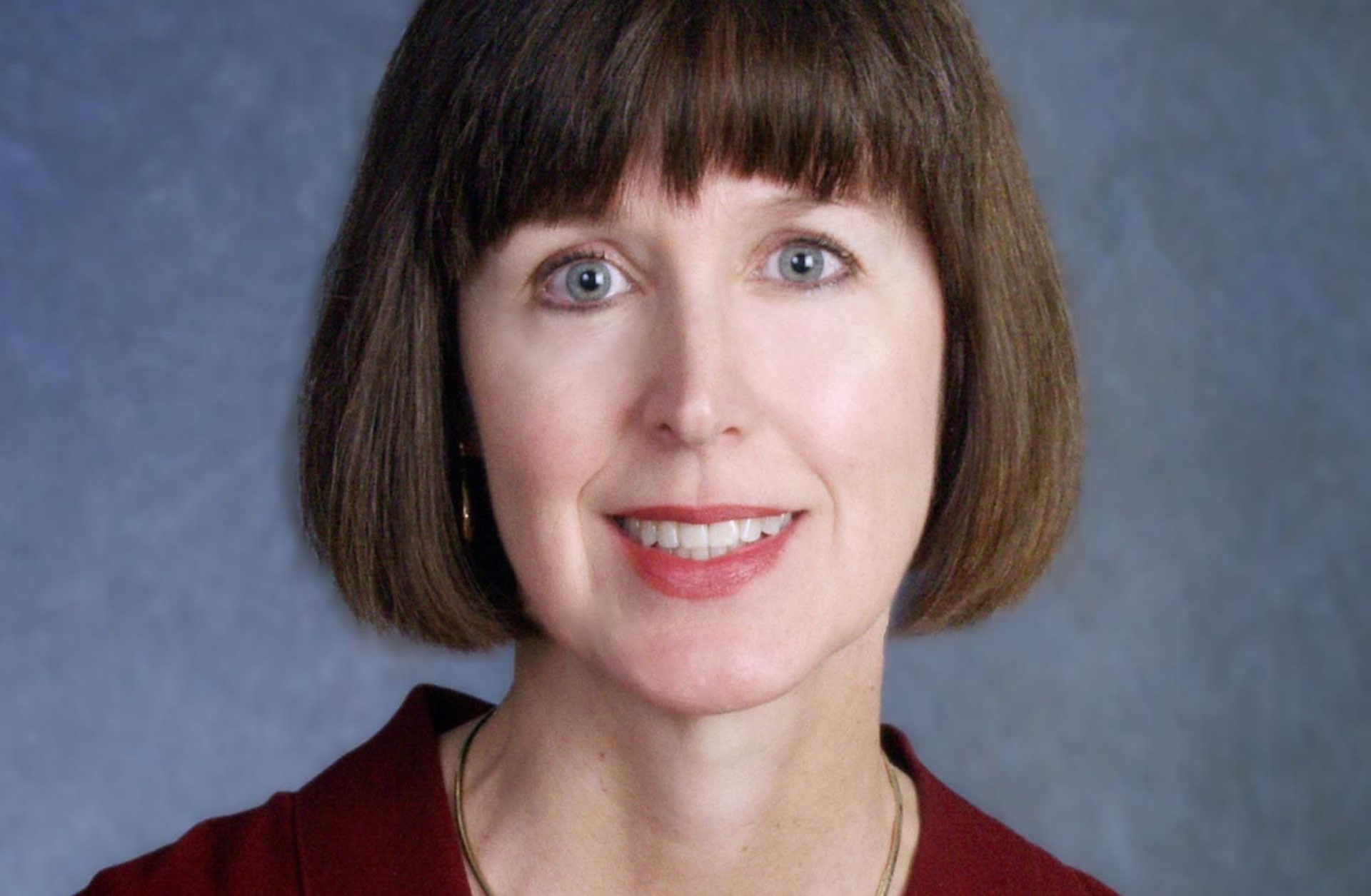People
An incredible group of faculty and staff makeup Livable Cities Lab.
GEORGE E. TITA, DIRECTOR
GEORGE is the Liveable Cities Lab director. The professor of criminology, law and society and urban planning and public policy earned his Ph.D. in public policy from the H.J. Heinz III School of Public Policy and Management at Carnegie Mellon. His research interests include the study of interpersonal violence with a focus of homicide, urban street gangs, and the community context of crime.
DAVID L. FELDMAN
DAVID, professor of urban planning and public policy, directs Water UCI, an interdisciplinary center serving as a coordinating vehicle to facilitate seamless collaboration across schools, departments, and existing research centers around questions of fundamental and applied water science, technology, management, and policy. He earned his Ph.D. in political science from the University of Missouri at Columbia.
JOHN R. HIPP
JOHN, professor of criminology, law and society, directs the Metropolitan Futures Initiative, an interdisciplinary project committed to building communities that are economically vibrant, environmentally sustainable, and socially just by partnering Social Ecology’s world class, boundary-crossing scholarship with expertise throughout Southern California. He also co-directs the Irvine Lab for the Study of Space and Crime. He earned his Ph.D. in sociology from the University of North Carolina, Chapel Hill.
EMILY OWENS
EMILY, professor of criminology, law and society, studies a wide range of topics in the economics of crime, including policing, sentencing, and the impact of local public policies on criminal behavior. Her research examines how government policies affect the prevalence of criminal activity as well as how agents within the criminal justice system, particularly police, prosecutors, and judges, respond to policy changes. Owens earned her Ph.D. in economics from the University of Maryland-College Park.
SUSAN TURNER
SUSAN, professor of criminology, law and society, directs the Center for Evidence-Based Corrections, which taps the research power of the University of California to evaluate juvenile and adult prison programs – including rehabilitation, parole and reentry programs – and provide information that helps corrections officials make policy decisions based on scientific evidence. She earned her Ph.D. in social psychology from the University of North Carolina.

